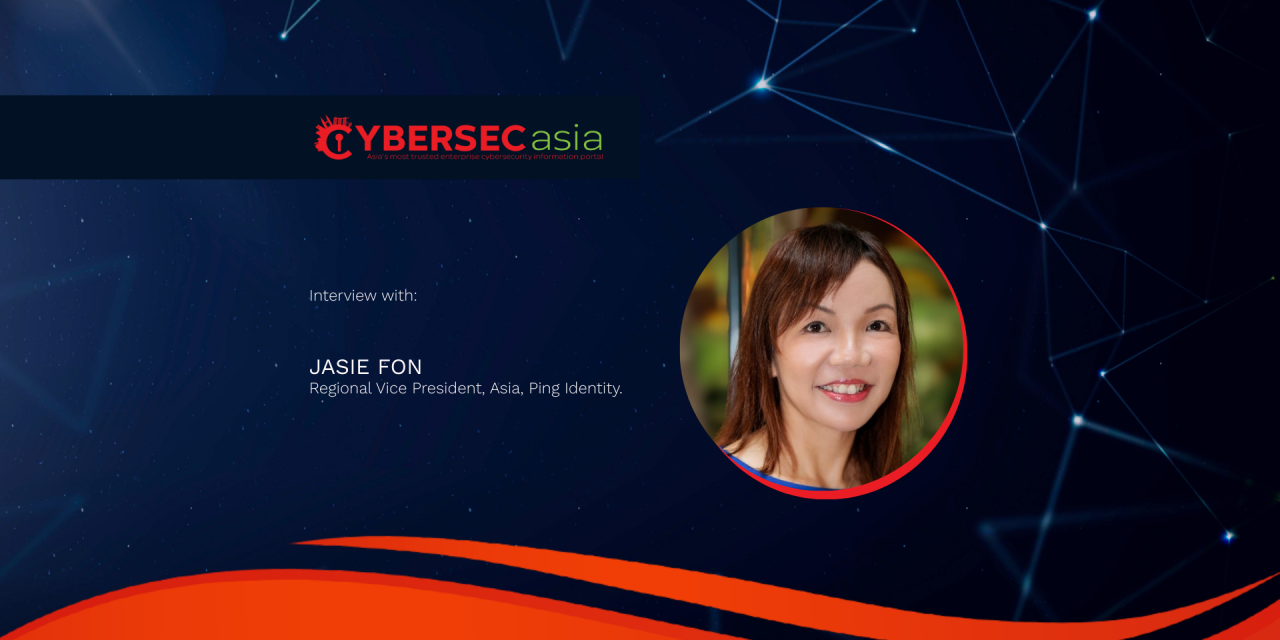The rise of digital wallets and real-time digital payments has led to digital identity theft and payment fraud a fast-growing cybersecurity and financial risk concern, and even more so with bad actors leveraging AI.
In 2025, the APAC region has risen to the forefront of the global financial transformation, with digital wallets and real-time payments reshaping the very fabric of commerce.
With 74% of consumers expressing preference for mobile-based digital IDs, businesses face the challenge of overcoming adoption barriers while meeting the growing demand for frictionless, secure experiences.
That is why identity verification in financial services has become critical for fraud prevention, building brand trust, regulatory compliance, and enhancing secure customer experience.
Meanwhile, decentralized identity is gaining prominence. Do digital wallets that use decentralized identity systems give users more control over their personal information and financial security? We find out the answer to this and other pertinent questions from Jasie Fon, Regional Vice President, Asia, Ping Identity.
How is APAC’s financial transformation being driven by the adoption of digital wallets, real-time payments, and Buy Now, Pay Later (BNPL) models?
Fon: Digital payment solutions are flourishing in the APAC region to provide smooth, frictionless and real-time convenience to consumers and businesses. Demand for flexible payments drives the adoption of digital waallets to BNPL services, which is amplified by FinTech players innovating to transform the traditional banking system.
The cashless revolution will change the way we interact with money and as stated in IDC’s recent regional payments report, the next five years will witness drastic expansion in the digital payments market growing at a CAGR of 21% from US$120 billion in 2023 to US$306 billion by 2028.
As a very digitally advanced economy, Singaporeans are particularly embracing digital wallets for online shopping, bill payments, and mobile transactions. Other countries in the region notable for their digital wallet adoption are Indonesia with mobile wallet transactions reaching US$25.2 billion in 2025 and Vietnam with an extraordinary 88% increase in e-commerce mobile payments of US$7.54 billion in just two years.
Although popular among Gen Z’s and millennials for flexible repayment terms, BNPL in APAC is still not as popular as digital wallets. But it is still growing.
Despite the convenience, there is a significant increase in fraud due to the digital nature of identity. Consumers appreciate the ease of payment at checkout and tracking the transaction, but they also need awareness on fraud identification and prevention methods.
The surge in deepfake incidents leading to financial losses in Singapore and Hong Kong in the past one year underscores the need to strengthen and secure our digital identity, as these credentials once stolen cause severe financial and reputation damage.
With the majority of consumers expressing preference for mobile-based digital IDs, businesses face the challenge of overcoming adoption barriers while meeting the growing demand for frictionless, secure experiences. What are the key considerations for businesses when implementing digital wallet solutions and identity verification technologies?
Fon: Customers using phones to access banking from various locations are not necessarily connected to a secure network, leading to threat actors exploiting their data. Deepfakes are daunting, and as cybercriminals exploit AI to carry out sophisticated attacks, companies are rolling out the right security technology to combat these threats. It is also critical for consumers to pay attention to banks’ warning messages and remain vigilant.
Digital payment providers are responsible for ensuring security of the digital wallets, not just in gaining customers. A robust identity management solution is required to build trust in customers who increasingly rely on various digital payment options available to carry out their everyday purchases.
Passwords and even biometrics are no match for the advanced deepfake techniques, companies need a multi-layered IAM solution starting with liveness detection to capture the micro movements and authenticate a user. Verified credentials and decentralised identity are other suggested identity infrastructure to reduce and limit fraud exposure.
How can AI be leveraged to build trust and transparency in digital payment ecosystems?
Fon: Deloitte says 60% of financial institutions leverage AI for decision-making, risk assessment, and automation, making them one of the largest adopters of AI.
AI comes in with its sophisticated fraud detection strategies that not only make payments faster, accurate and secure, but also analyze data in real-time to detect buyer patterns and help in preventing any fraudulent activity.
By tackling the threat before it hits, transactions are safer for businesses and customers who continue to trust and rely on the digital banking system that can now make smarter decisions and quickly adapt to changes.
The way we approach trust and accountability in digital payments are largely influenced by the challenges and opportunities brought by AI and digital identity. By prioritizing verification, ensuring data privacy while using AI in digital payments, and aligning technology with customer demands, we build confidence and transparency in this new digital age.
Looking ahead, what are some other trends in digital payments, fraud and identity that businesses should look out for?
Fon: According to Ping’s last survey of consumers worldwide, 89% express concerns about AI’s impact on identity security, making transparency and trust critical to retaining loyalty. Consumers are holding businesses accountable for their data.
Decentralized identity transforms the way users can control and share their personal data. Empowering individuals with their own credentials will reduce password vulnerabilities and create a secure user experience.
Converging AI with digital payments will need advanced verification processes like liveness detection and biometric matching to prevent fraud at source. Verifiable credentials will create seamless and secure payment experiences, helping financial brands meet customer expectations for a fast and secure experience.

















